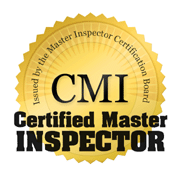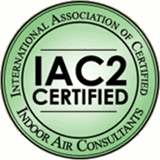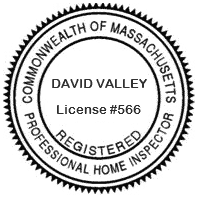Massachusetts Home Inspections YOUR INVESTMENT IS MY CONCERN
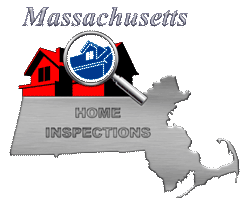
Carbon Monoxide
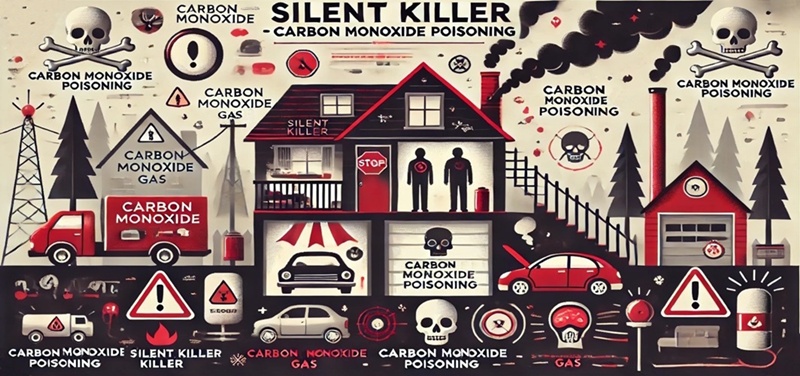
Carbon monoxide is a byproduct of incomplete combustion from natural gas, wood, or any carbon-based fuel. It is a clear, odorless, and tasteless gas that can be fatal within minutes if undetected. Prolonged exposure to low levels of carbon monoxide, which may not be detected by inexpensive detectors, can lead to long-term health issues. For optimal safety, install carbon monoxide detectors with a minimum sensitivity of 30 ppm and no time delay in areas where natural gas appliances or fireplaces are present. Massachusetts Home Inspections also recommends placing carbon monoxide detectors and smoke alarms on every habitable floor of multi-story structures and within 10 feet of all bedroom entrances.
If you're buying or selling a home, Massachusetts law mandates that all residential structures have approved carbon monoxide detectors and smoke detectors installed before the sale or transfer. The local fire department will inspect the property and issue a certificate of compliance. It is the seller's responsibility to obtain this certificate before the close of escrow.
Massachusetts Smoke and Carbon Monoxide Alarm Regulations
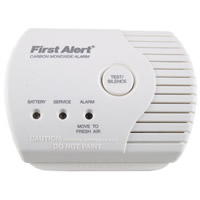
Here is what my clients have to say about my home inspection services:
Press F5 (on your keyboard) for additional testimonials
Dave,
I want to thank you for doing my home inspection. I appreciated your extremely detailed documentation and will certainly use you for any other home inspection needs if i ever have them.
Aaron



